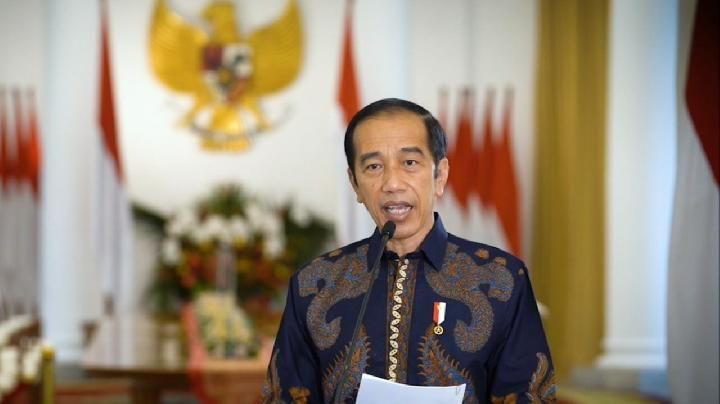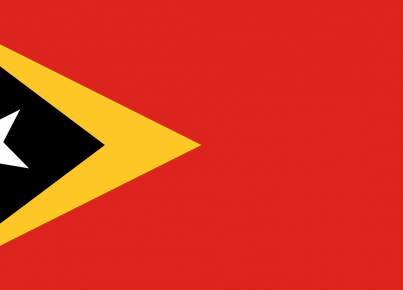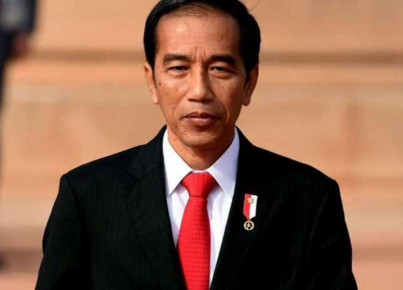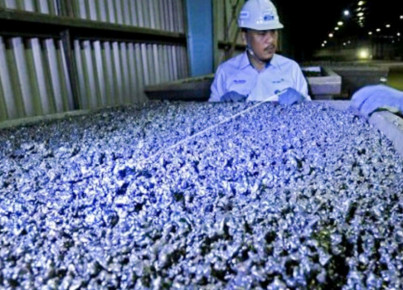With the launch of the Masterplan for the Islamic economy and the mandatory halal certification, Indonesia aims to become a global hub of the halal sector by 2024.
On May 14th, 2019, Indonesian President Joko Widodo officially launched the first Masterplan for the Islamic Economy (MEKSI) to be implemented in the five-year period 2019-2024. As the country with the largest Muslim population in the world, Indonesia in the last years has been concretely aspiring to develop strong strategies for its Islamic economy.
The State of The Global Islamic Economy Report 2020/2021 records that Indonesia continues to rise in all the rankings related to the global Islamic economy’s sectors, always among the top 10 countries. With reference to the GIEI (Global Islamic Economy Indicator), Indonesia climbed from tenth place in 2018 to fourth place in 2020, further advancing compared to the fifth place in 2019. In addition, it ranks first in the Top 5 halal food consumer markets, spending $144 billion; seventh in the Top 10 countries by Islamic finance assets; second, fourth and fifth place in the corresponding Top 5 halal cosmetics, halal pharmaceuticals and modest fashion consumer markets.
The data confirm the role of Indonesia among the countries with the greatest potential to become hubs of the Islamic economy. Recently, Indonesia has taken decisive steps in this direction. First of all, with the Law No. 33/2014 on Halal Product Guarantee, the Indonesian government decided to make the certification for all halal products released on the domestic market mandatory, including imports. The law came into effect in October 2019 and extended until 2024 to allow producers to adapt their business and obtain halal certification. Halal requirements are applied to different types of goods and services. The global halal market, analyzed by the Global Islamic Economy Report, consists of 7 economic categories: halal food, Islamic finance, Muslim-friendly travel, modest fashion, halal pharmaceuticals, halal cosmetics, Islamic-themed media and recreation.
The launch of the so-called MEKSI 2019-2024 (Masterplan Ekonomi Sharia Indonesia) follows the same route. It is the first masterplan aimed at making Indonesia a leading country in the production of halal products and services (permitted by Islamic law). The plan identifies four main strategies. They include the strengthening of micro, small and medium-sized enterprises’ role, as the first engine of the halal value chain, focusing on the most competitive sectors of the country (halal food and beverages, and modest fashion); the enhancing of the Islamic financial sector, with a wider presence and supply of capital for halal production companies; and finally, the promotion of Indonesian halal products and services through a more intense collaboration with e-commerce platforms.
The Indonesian government started the Masterplan through the establishment of the National Islamic Finance Committee (KNKS, Komite Nasional Keuangan Syariah). The main goal is to broaden the role of Islamic finance in driving the country’s economic growth, supported by a national roadmap for Islamic fintech. The KNKS changed its name to National Sharia Economy and Finance Committee (KNEKS), as part of a new strategy and a new executive management.
The KNEKS will embrace four areas: halal products industry development, Islamic finance development, Islamic social finance development and expanding of Islamic business activities. The demand for Islamic finance, as well as its analysis and understanding, is getting increasingly strong in Indonesia. The country also noticed the largest number of events in this sector, and ranks second for the amount of studies about Islamic finance.
The implementation of MEKSI involves several players of the Islamic economy through large and ambitious initiatives. In fact, the principal goals of the Masterplan include the construction of the Halal Lifestyle District in Jakarta, an industrial district of 21 thousand square meters with an investment of $18 million; and the Muslim Fashion Project (MOFP), a roadmap for the modest fashion industry growth, which include competitions and elaboration of fashion start-ups, involving about 656 small and medium enterprises and 60 designers. Thus, Indonesia aims to become the next global capital of modest fashion.
MEKSI 2019-2024 represents an important turning point for Indonesian economic policy. The Islamic economy is destined to become the identity value of Indonesia, which has the ambitious purpose of becoming a key producer and global hub of the halal sector by 2024.






